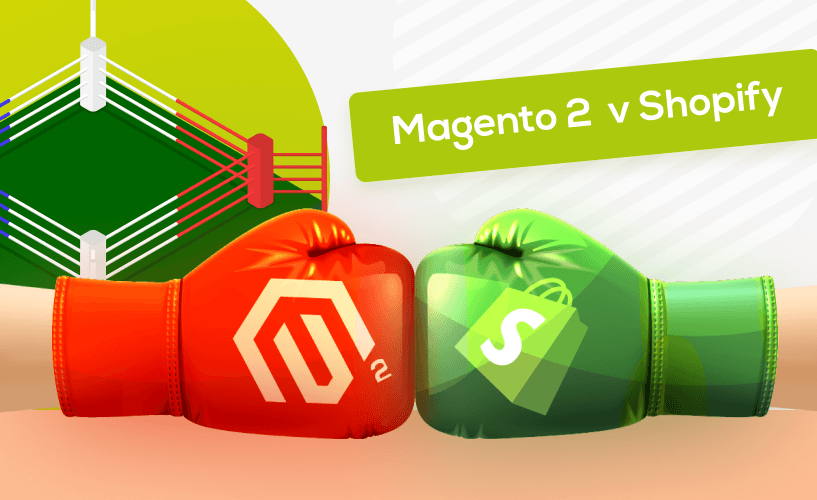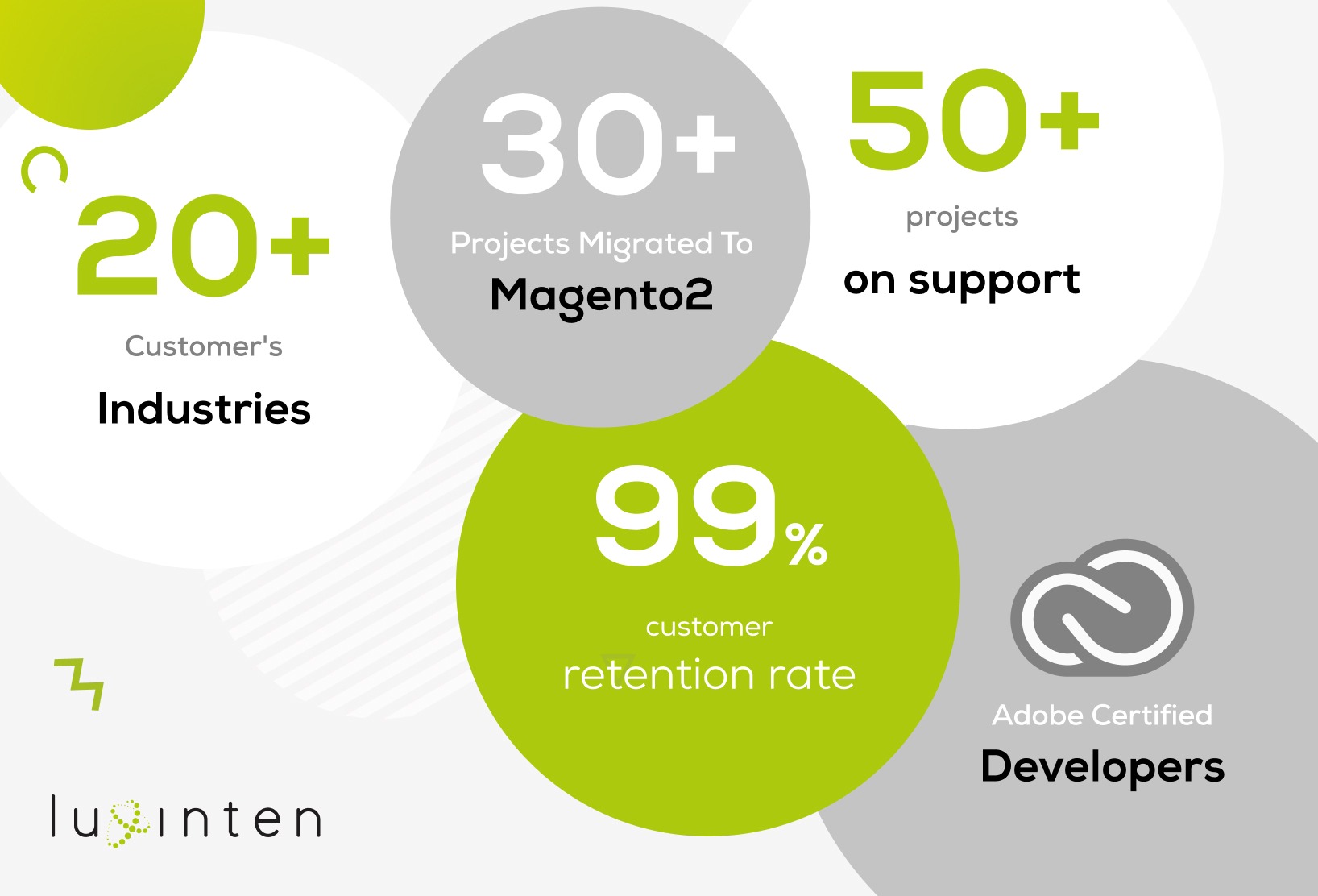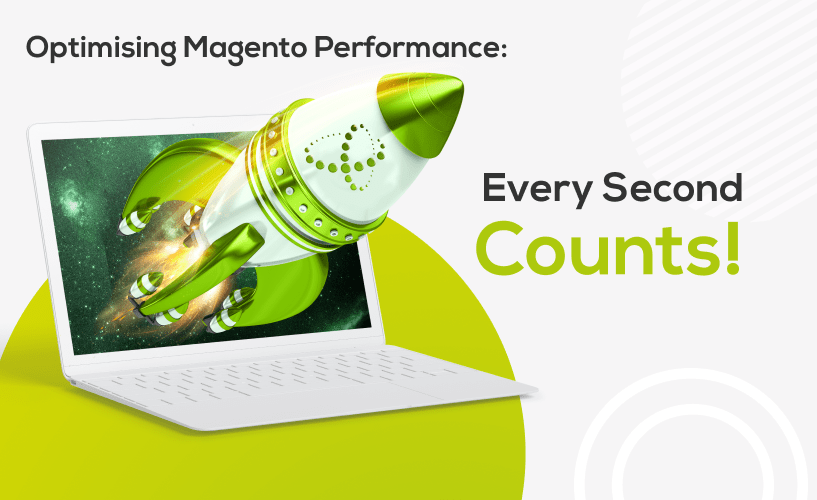
This is perhaps our trickiest head-to-head so far since both systems have their own strengths and weaknesses. The main difference between Magento and Shopify is that the latter is a hosted platform. This means your hosting worries are taken care of for you, since you do not need your own server. Shopify is paid for on a monthly plan. Released in 2001, Magento is used by Nike, Ford, Samsung and many other top corporations. You can check out how it fared against OpenCart in our previous article.
Now, let's get down to our Magento v Shopify head-to-head comparison.
Comparing Features
Of all the CMS we've looked at, Shopify is probably Magento's most powerful opponent. There are definitely areas where the former outperforms Magento; for example, Shopify has over 70 payment gateway options. Whilst both systems will accept Stripe, Paypal and most credit/debit cards, there's still no denying that Shopify has more options available for taking payments.
However, Shopify limits the amount of products you can list in your store unless you want to upgrade your plan. Magento allows you to use coupons and discount codes, while Shopify forces you to upgrade in order to use these. Shopify lets you generate advanced reports but first you have to... yes, you guessed it: upgrade your plan.
Overall, Magento triumphs in the Features category because retailers need a Shopify Plus Plan to unlock the same level of options and extensions.
Comparing Performance
Here is where Shopify wins back a point. It offers more consistent and faster performance than Magento, with better page-loading time. While any sluggishness on Magento's part can be fixed by a competent developer, if the wrong plugin is enabled or your website is poorly optimised then it runs the risk of becoming slow. This is why we always recommend a technical audit of your Magento website if you are not a seasoned programmer.
Comparing Security
As a hosted platform, the responsibility for the security of your Shopify store is out of your hands. To some this will be a blessing, to others a curse. In the end, it comes down to personal preference. While a Shopify Plus plan offers robust security, Magento allows you to monitor any issues with its extensive toolkit and delivers regular security patches to help you out.
So Who Wins?
To conclude, we believe the choice between Shopify and Magento ultimately depends on which platform is right for your needs. For smaller projects, Shopify might be best. With more tools available for those with the knowledge to wield them, Magento is a better fit for more ambitious businesses. However, considering the added monthly cost of a premium account – up to $300 a month – investing in support for a Magento store might be the better and cheaper option for any type of project.
If you are interested in changing your store over to Magento or want to build a new Magento store from the ground up, send our team a message so we can discuss your vision.

Some Key Luxinten Statistics:
- 50+ projects with annual support
- 30+ successful full Magento 2 migrations
- 250+ solutions implemented on Magento
- 99% customer retention rate
- Adobe Certified Experts
Like this article?
Be sure to sign up to our blog feed for more insights on e-commerce.
If you want to know more about any of our services, please contact us.






Add comment...
Comments